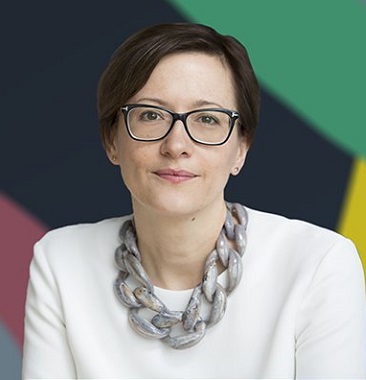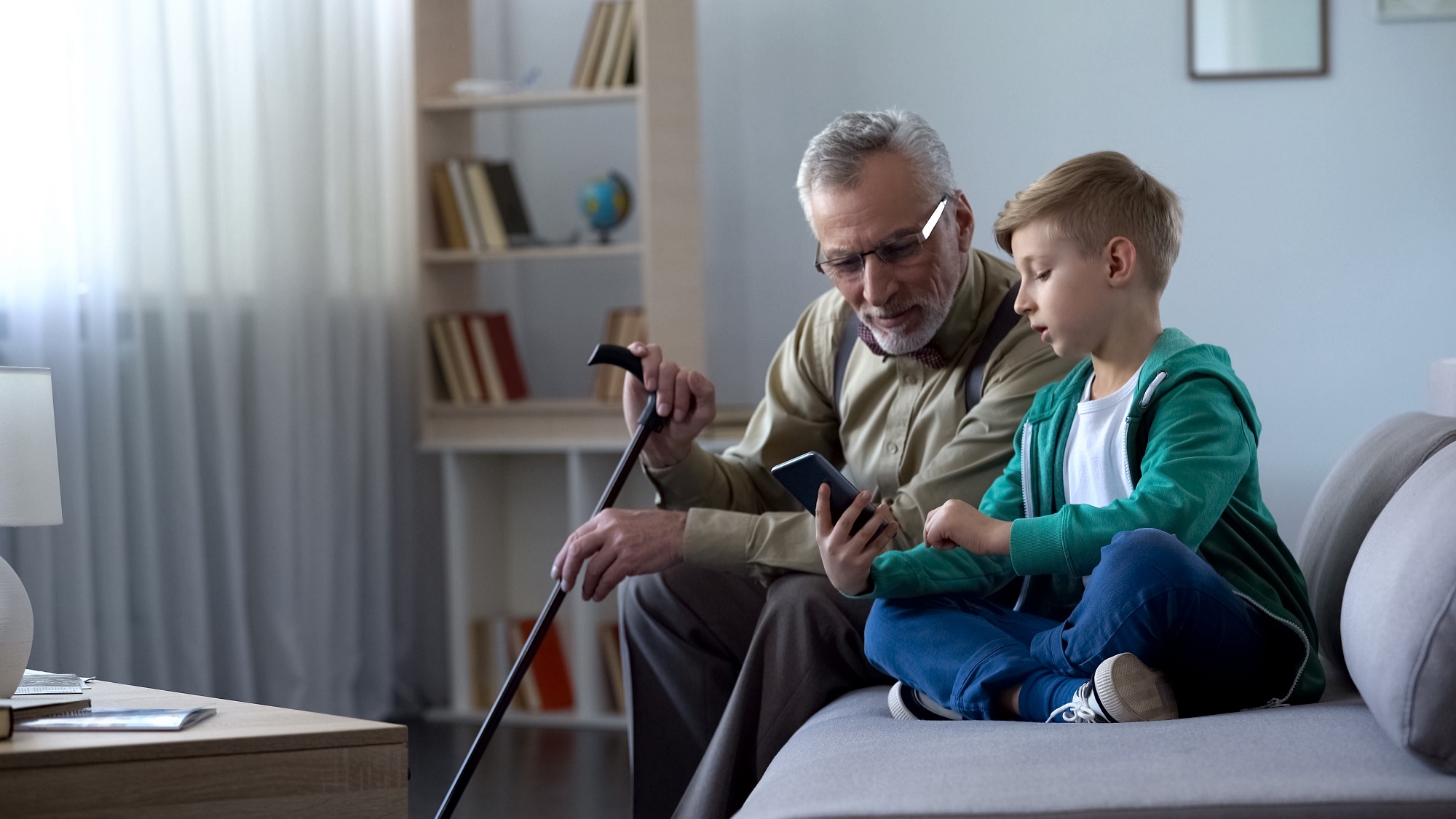It feels like the internet is entering its autumn. The summer brightness of novelty and new – perhaps a little naivety – is giving way to a new era, and one that demands we move from passive to active in the shaping of our digital societies.
The internet began as a small community of initial users who interacted on the basis of trust and mutual respect. Today, connectivity has spread across the globe, with (relative) anonymity feeding the negative traits of human nature. We talk more about cyber bullying, phishing and exploitation, less about innovations and advancements. The big tech companies’ reputations are slipping, while millennials are moving away from their platforms in a bid to protect themselves from a digital world seemingly intent on causing them harm. Often, the transformative power of tech for good is wielded only as a weapon against the negative happenings online.
It is time for the digital society to have a health check. We know that the internet isn’t going anywhere – nor will society become any less enmeshed in tech – so we need to ensure the digital society becomes ‘open, safe and empowering for everyone’, in the spirit in which the internet itself was created. We also need to focus on this word ‘society’ and limit the fracturing of the communities that spring up online – a good moment for the upcoming International Internet Governance Forum (IGF) and their overarching theme of One World. One Net. One Vision.
Delegates from the UK are currently attending the IGF and will be taking forward the issues highlighted during our own iteration last month, the UK IGF. This national forum, part of the wider initiative led by the UN, is a collaborative partnership that helps to engage industry, government, parliament, academia and civil society in debates on internet governance issues. This made it the ideal space in which to debate how we can create a healthy digital society.
At the UK IGF we were joined by many new faces and collectively inspired by the influential and passionate speakers and panellists who took to the stage to interrogate this challenge of a healthier digital society. As Matt Warman, Minister for Digital and Broadband stressed in his speech, the task is not insurmountable, and “the UK is uniquely placed to spearhead the digital transformation of society.”
That doesn’t mean to say it will be an easy path. Adam Micklethwaite of Good Things Foundation rightly pointed out that the task doesn’t fall solely on the shoulders of Government and regulators: “regulation is necessary but not sufficient.” This issue stretches far beyond, requiring solutions that are multi-disciplinary, involving multi-stakeholders, and underpinned by a unified commitment from all if progress can be achieved.
Additionally, as Paul Blaker, Head of Global Internet Governance at DCMS aptly noted: “as change goes faster and faster, we need to make sure our multi-stakeholder environment remains responsive.” We must commit to change, but we also to adapt as necessary to keep pace with the evolving tech landscape.
Adrian Lovett, CEO of the World Wide Web Foundation, was well positioned to speak about this challenge; he has been involved with Tim Berners-Lee’s Contract for the Web and feels strongly about the health of the digital society. In some ways, he said, the response required reflects the very founding principles of the internet itself: open and borderless, with flexibility and an onus on personal responsibility alongside the roles of companies, charities and governments.
Working towards a joint aim in this way requires communication, particularly important considering the apparent disconnect that can exist between policy makers and tech creators. The former often lack the technical knowledge while the latter can lack the regulatory mindset. This can be solved by engaging and reaching out over the divide to ensure priorities match across corporate and Government realms – something that is already starting to happen.
Another recurring point in the debate was the fundamental sameness of the online world and the ‘offline’ world. Gareth Jones, Scouts Trustee, delivered this message by underlining how the Scouts’ values of integrity, respect and cooperation are just as pertinent online as off. The organisation is working proactively to educate its young people on being good digital citizens, just as it inspires them to be their best in the physical world.
This thought was echoed by Noor Mo’alla, Commercial Director at Doteveryone, when she stressed that “tech issues are not separate from human issues”, with the root of many problems online being human and so requiring a human approach. We need to be good people regardless of the medium, and while there is much education (whether formal or informal), legislation and social expectation around acceptable behaviours in the physical world, the digital world is further behind.
However, progress is being made every day, not least through events like the IGF which brings together the stakeholders required, armed with enthusiasm and determination to make things better. Our UKIGF event will have been replicated in multiple events around the world, with key discussions and issues from each being taken forward to the international UN IGF. Our voices will be heard by a wider audience, and one that will pull together to help keep the internet on the positive path that its founding principles envisaged.
I am still quietly optimistic that the great feat of human ingenuity that brought us the internet will continue to provide the basis for building solutions to our very human problems in 2019, in 2050 and beyond. Autumn is not a bad time of year, after all. It’s a time for harvest, for reaping the rewards of summer and for laying firm foundations to ensure we emerge from winter unscathed.


